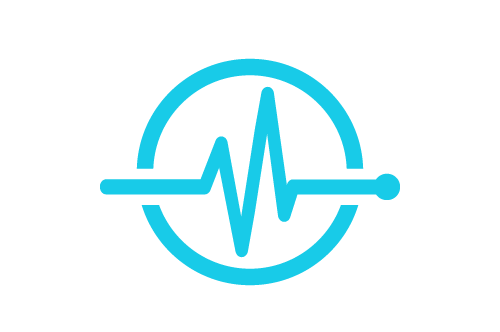What is a concussion?
A concussion is a mild form of traumatic brain injury (TBI) that is typically caused by a blow to the head, neck or face, also known as a direct injury. A concussion can also be caused by physical contact to the rest of the body that can transmit force to the head or by indirect trauma, such as whiplash injuries.
What is the difference between a traumatic brain injury and a concussion?
A concussion is a type of traumatic brain injury, but typically results from a closed head injury that is non-life threatening. The term traumatic brain injury often encompasses a spectrum of brain injuries from life-threatening to non-life threatening. Traumatic brain injuries can be due to a wide variety of causes including strokes, physical trauma, chemical trauma or metabolic disorders.
What is Second Impact Syndrome?
Following on a first concussion, if the symptoms have not resolved and a second head injury occurs excessive brain swelling can result. This can lead to permanent neurological damage and even death.
What should I expect during my appointment?
Your appointment will consist of a detailed history as to the event of head injury. Regardless of whether we have prior records to review, we prefer to hear the story directly from the patients so that we minimize misinterpretations. A detailed physical exam follows, which may include cognitive screening, SCAT3 testing. Dependent on symptoms and physical exam, further outside testing or therapy may be ordered or recommended.
Our goal is to ensure that the patient’s medical needs are addressed properly. Therefore, extensive education is given to the patient so that he or she can make informed decisions involving their health status. We strive to ensure the patients understand what they need to do in order to get well and minimize risk of second impact syndrome. We also teach the patient how to monitor their own symptoms at home.
Often times, concussions improve on their own and symptoms resolve within 7-10 days. During this time frame, it is recommended that the patients refrain from physical activity and even certain degrees of mental activity. If a patient is in school or has a job that requires high level mental capacity, we will recommend a break from these tasks until the symptoms resolve (time varies dependent on patient). At times, concussion symptoms can last for weeks to months. If this occurs, our goal is to manage the symptoms of the concussion so that patients can return to a functional status.
There is a multitude of symptoms that can occur during a post-concussive phase, including headaches, concentration difficulties, mood changes, sleep changes, and memory deficits. We will help the patient with regards to management of any related symptoms and refer the patient to necessary specialist for further management if needed. Once the symptoms have resolved, a follow-up is done to re-examine the patient and come up with a plan of how the patient may return to gradual play or activity.
Careful monitoring is essential during this time so that we can alter the care plan accordingly. For instance, if a patient becomes symptom free during the rest period, but starts to have symptoms recur upon returning to physical/mental activity, we need to know as activity may need to be reduced again. Thus, it is essential that the patient follow-up with the provider during the recovery phase for careful monitoring. In some cases long term follow up will be needed as on occasions the concussion can lead to a chronic headache disorder.
